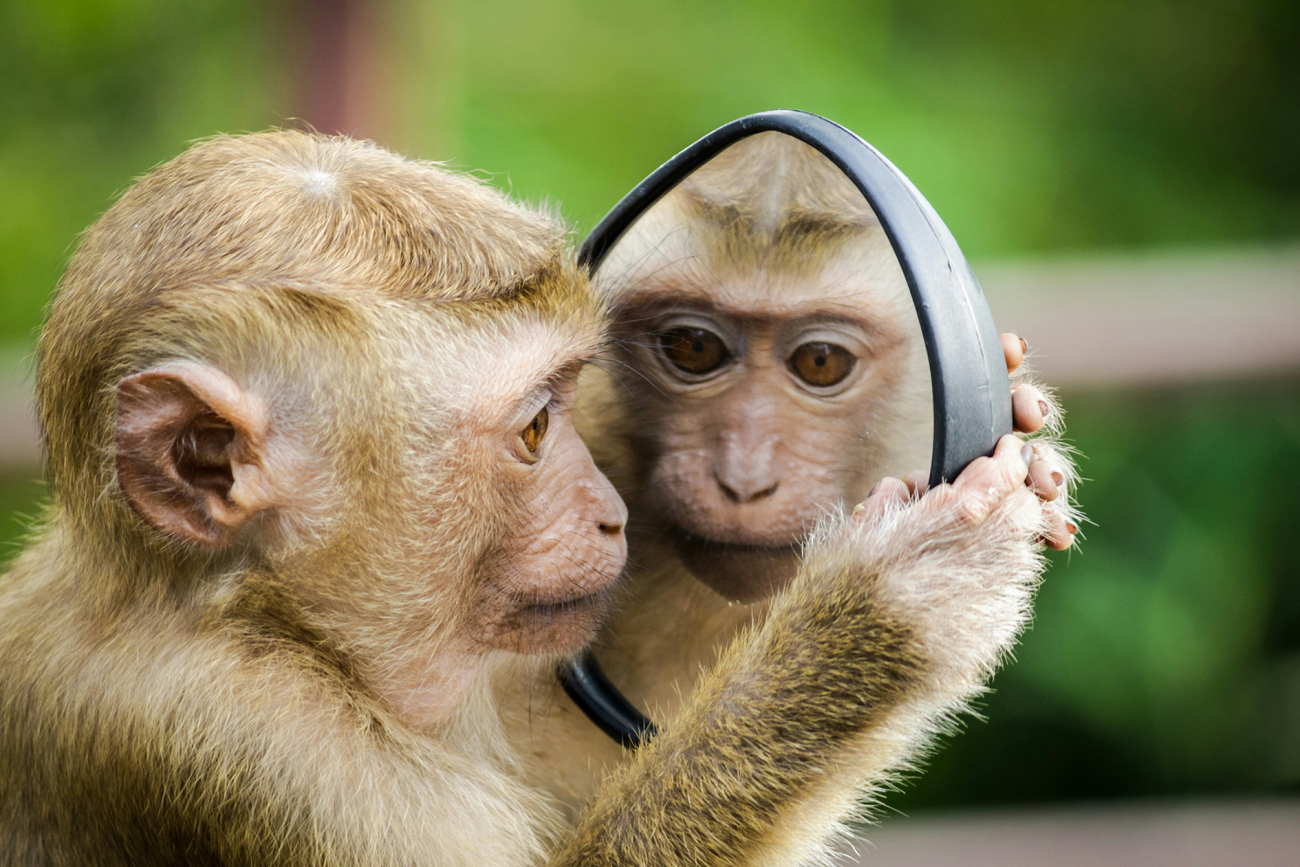
It will no longer be possible to keep primates as household pets in environments that fail to provide for their needs following measures being signed into law on 5th March.
The legislation brings in a licensing scheme setting strict rules to ensure that only private keepers who meet new welfare and licensing standards will be able to keep primates, delivering on a manifesto commitment and Action Plan for Animal Welfare pledge to provide greater legal protection for pet primates.
The measures come into force from 6 April 2026 when all primates in England will need to be kept to these zoo-level standards – in effect banning the practice of keeping primates as pets.
It is estimated that up to 5,000 primates are currently kept in domestic settings as pets in the UK. These wild animals have complex welfare and social needs and, according to most experts, cannot be properly cared for in these environments. The new measures will improve the welfare of potentially thousands of animals.
Animal Welfare Minister Lord Douglas-Miller said: “We are proud to have some of the highest animal welfare standards in the world, including these new restrictions which will help tackle the inadequate conditions that some of these inquisitive creatures are kept in.
STANDARDS
“Anyone who fails to provide the same welfare standards as found in a zoo faces a fine and having the primate removed from their care.”
David Bowles, RSPCA Head of Public Affairs, said: “Meeting the needs of monkeys and other primates is practically impossible to do in a household, domestic environment.
“That’s why this legislation will be a really important moment for animal welfare – ensuring primates can only be kept in an appropriate environment, as we all strive to create a better world for every animal.
UNLIMITED FINES
Under the law all private primate keepers will be required to hold a licence, issued by their local authority, with failure to comply with licence conditions resulting in an unlimited fine or removal of the primate. Defra will work closely with local authorities to make sure that they have the appropriate tools and guidance to ensure that enforcement will be carried out effectively.
In response to the change Anna Judson, British Veterinary Association President, on behalf of BVA and BVZS said: “After years of pressing the Government to deliver its manifesto promise and take action to protect primates from being kept as pets in the UK, this new legislation is a step in the right direction. However, whilst we strongly support the licencing and inspection of privately kept primates, it remains unclear who will carry out inspections and how this will be enforced. In addition, the availability of those with suitable expertise to carry out inspections to ensure standards are met may also be a limitation. We urge the Government to continue to engage with veterinary and zoological organisations to ensure the welfare and protection of these highly intelligent animals is at the forefront of any legislation and that regulations are robust and enforceable.”